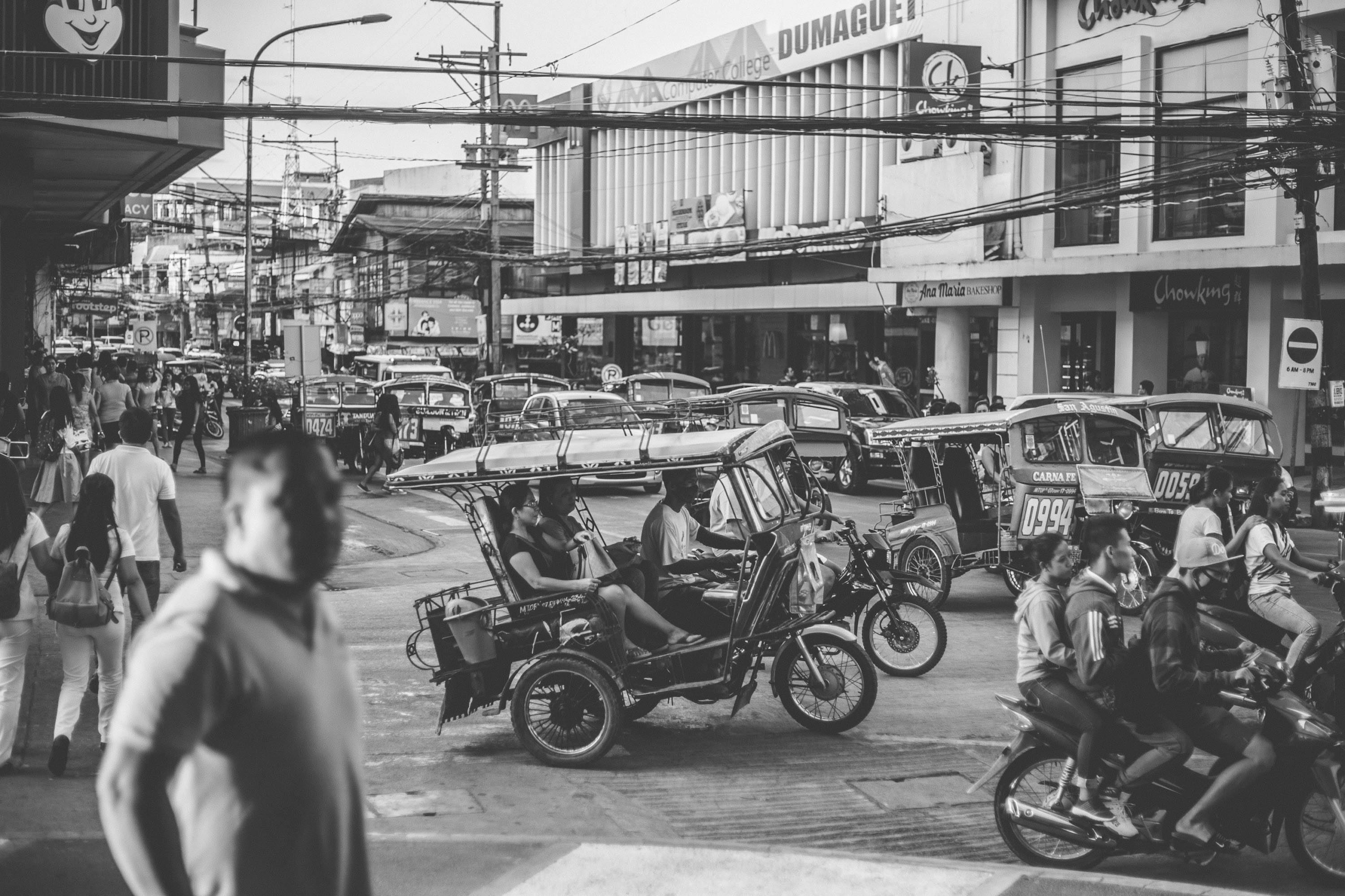Cycles of Poverty in the Philippines
 Income inequality is a huge contributor to the persisting cycles of poverty within the Philippines. In 2022, the country’s top 1% of earners reported 17% of all national income, while only 14% was shared between the bottom 50%. Outreach International argues that income inequality continues to exacerbate issues of poverty because many of the national efforts to reduce poverty have been focused in the most densely populated areas of the country, where the most opportunities already exist. Hence, Outreach International focuses its support initiatives on providing those in rural areas with long-term and sustainable solutions that help break the cycle of poverty.
Income inequality is a huge contributor to the persisting cycles of poverty within the Philippines. In 2022, the country’s top 1% of earners reported 17% of all national income, while only 14% was shared between the bottom 50%. Outreach International argues that income inequality continues to exacerbate issues of poverty because many of the national efforts to reduce poverty have been focused in the most densely populated areas of the country, where the most opportunities already exist. Hence, Outreach International focuses its support initiatives on providing those in rural areas with long-term and sustainable solutions that help break the cycle of poverty.
The Cycle of Family Poverty in the Philippines
Income inequality in the Philippines stems from several different structural factors. These include the fact that access to higher education and job skills remains an impossible task for many, the societal norms that leave women and other minorities at a disadvantage socially and addition, the complex geography of the nation, which means that opportunities and natural resources are disproportionately located.
The cycle of poverty prevails when these structural disadvantages mean that households permanently lack the resources to cover their most basic needs. When individuals are forced to spend their whole lives struggling to meet these basic needs, it means that they lack the time and resources to address the core of the issues that keep them rooted in poverty. This cycle of poverty can last a lifetime. It can even be passed from one generation to the next – family poverty.
These cycles of poverty, extreme and chronic, are passed from one generation to the next when children are born into situations where they are unlikely to have the ability to pursue changes that would make life easier for them and even their potential children. Children who are born into poverty are less likely to enroll in school and maintain age-appropriate grade levels because their time is taken up by the need to help the family meet their daily and most basic needs. Limiting a child’s access to education also limits their access to opportunities in the future, their subsequent earning potential and even the prospective development of their community.
However, Outreach International recognizes that family poverty is caused and maintained by more than just a lack of access to education and other kinds of infrastructure. It acknowledges the role of the above structural and societal inequalities and predatory loan practices.
Community-Led Development
Community-led development (CLD) aims to help communities get to the root of social issues affecting them and hindering their economic growth and development. CLD projects result in the final product and help the involved communities develop skills, knowledge and confidence in many aspects of life and business.
When the involved group learns how to “identify, prioritize and mobilize to reach a goal, they don’t just reach that one goal,” they develop skills to reach every goal after that. Their development becomes continuous and sustainable. Unlike short-term monetary solutions, this continues to benefit the communities involved as these skills can be passed onto future generations.
Outreach International’s Rice Loans
An example of Outreach International’s focus on CLD programs is its rice loans. Local community leaders work directly with suppliers to obtain rice at a wholesale price. They negotiate a fair price and organize a delivery location that is accessible to all participating households. The rice is then portioned and delivered to families who cannot afford it at market price.
All households are members of their respective Community-Based Organizations. Over time, each recipient repays the cost of their food loan into a community-managed fund. This fund generates interest and will cover the cost of further rice acquisition. This means vulnerable households can avoid using loan sharks that will take advantage of them. It also means the community can develop the funds and skills to tackle rice shortages on a long-term scale.
By providing communities with the skills and confidence to overcome structural issues over time, Outreach International’s focus on CLD schemes results in long-term economic and social development that helps lift the most vulnerable in the Philippines out of the cycle of poverty.
– Kristina Grant
Kristina is based in Scotland and focuses on Technology and Global Health for The Borgen Project.
Photo: Pexels
